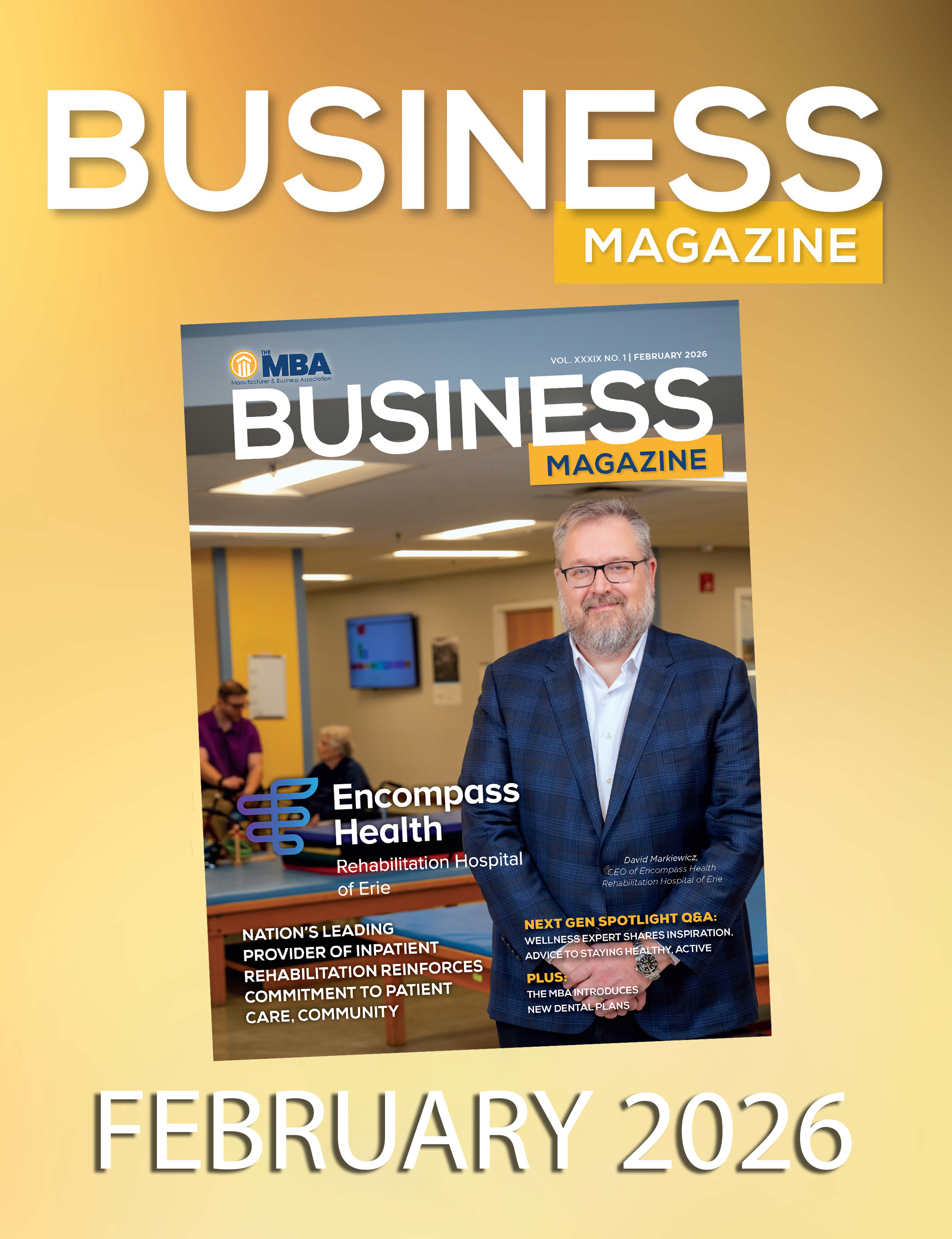
As workplace regulations continue to evolve, employers should be aware of and monitor changes regarding workplace law at the highest level of government. One recent change is the 2025 “One Big Beautiful Bill Act’s” (OBBBA) impact on deductible overtime.
DEDUCTIBLE OVERTIME
The OBBBA permits deduction of the overtime pay premium required by the Fair Labor Standards Act (FLSA). Under the FLSA, employees must be paid at least time and one-half their regular rate of pay for hours worked in excess of 40 hours per workweek.
The OBBBA allows employees to deduct the “one-half” premium of “time and one-half,” subject to rules and limits. For example, if an employee’s regular rate of pay is $20 per hour, the employee’s FLSA-mandated overtime rate is $30 per hour. Under the OBBBA, the $10 per hour premium may be deducted by the employee on his/her federal tax return.
Of great importance, only overtime that is required by the FLSA is eligible for deduction. Pay premiums earned under state overtime laws, such as daily overtime in certain states, are not deductible. Likewise, overtime earned pursuant to a Collective Bargaining Agreement or employer policy that is more generous than the FLSA (e.g., time and one-half or double time for working holidays) is not deductible where the hours worked do not exceed 40 hours per workweek.
For example, an employee who works 40 hours from Monday through Thursday has not earned any deductible overtime, regardless of how much daily overtime the employee may have earned. If, during the same week, the employee is scheduled to work an additional eight hours on Friday but uses paid time off (PTO) instead, and the employer treats the Friday PTO hours as hours worked and pays the employee for 52 total hours, the employee would not be entitled to deduct any of the overtime premium. This is because PTO is an employer-provided benefit and is not mandated by the FLSA. As such, PTO does not count as hours worked under the FLSA. Generally, “hours worked” leading to overtime obligations under the FLSA includes the time when an employee is on duty, on the employer’s premises or prescribed place of work, or otherwise engaged to work. Accordingly, employers must track “hours worked” separately from paid leave.
LIMITS ON DEDUCTION
Deduction of the overtime pay premium is subject to annual limits. For single taxpayers, the annual deduction is capped at $12,500. For joint filers, the annual deduction is capped at $25,000. Income limits also apply. Deductions begin to phase out for employees earning $150,000 per year (or $300,000 per year for joint filers). For every $1,000 above the income threshold, the employee’s total deductible amount is reduced by $100. For example, if a single filer earns $160,000 per year, their deduction is reduced by $1,000, and they may only deduct $11,500 of FLSA-required overtime premiums. Single individuals earning $275,000 or more per year are not eligible for any overtime deduction.
EMPLOYER DUTIES
Because only FLSA-required overtime premium pay is deductible under the OBBBA, employers must quickly gain a precise understanding of FLSA-required minimums, particularly where employer policies are more generous than the FLSA. This means updating payroll and tracking systems to distinguish deductible overtime premiums so those amounts can be reported to the Internal Revenue Service (IRS) and indicated separately on an employee’s Form W-2. The IRS is in the process of drafting guidance for employers and updating its forms for the 2026 tax year. For 2025, a transition rule allows employers to use a reasonable method specified by the IRS to approximate qualified, deductible overtime pay.
TAKEAWAYS
The OBBBA has far-reaching impacts on both employers and employees. Human resource professionals must stay up to date with these changes to maintain compliance and avoid costly penalties for employers. Regarding the new overtime deduction, financial employees will now need to possess strong knowledge of the FLSA’s requirements.
For more information, contact MacDonald Illig Attorneys at 814/870-7600 or visit macdonaldillig.com.
Joseph B. Reed is a labor and employment attorney at MacDonald Illig. He is a member of the firm’s Labor & Employment and Civil Litigation Practice Groups.


















